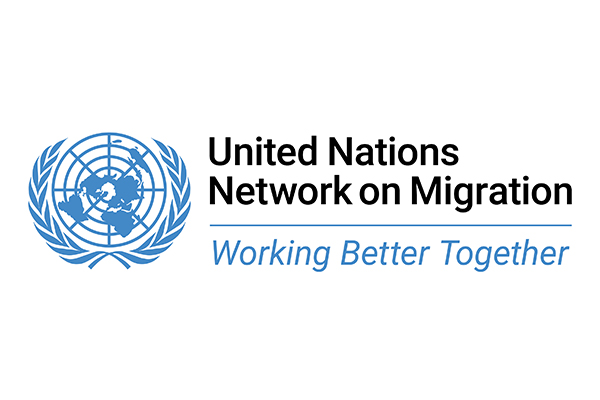Statements

Joint Statement of the United Nations Network on Migration on the World Day Against Trafficking in Persons
On the occasion of the World Day against Trafficking in Persons, the United Nations Network on Migration calls upon the international community to accelerate its efforts to stop human trafficking and to protect those who fall victim to traffickers. Migrants are particularly vulnerable, and countries need to urgently adopt holistic, human rights-based approaches to counter-trafficking which place migrants and their protection at the centre.
The crime of human trafficking affects women, men, girls and boys in every country and comprises many forms of exploitation including sexual exploitation, forced and bonded labour, and other practices similar to slavery. Some 72 per cent of detected trafficking victims are women and girls, who together represent the vast majority of detected victims for sexual exploitation and account for 35 per cent of detected victims for forced labour. Child victims continue to be identified in greater numbers.
Globally, countries are identifying and reporting more victims and convicting more traffickers, according to the latest UN Global Report on Trafficking in Persons. Despite some progress, however, victims continue to face significant obstacles in accessing assistance, protection, redress and justice and it is clear many trafficked persons are not identified. At the same time, prosecutions of traffickers remain too low and impunity continues to prevail.
The Network urges Governments to live up to their commitments in the Global Compact for Safe, Orderly and Regular Migration to take immediate and effective measures to prevent, combat and eradicate trafficking in persons in the context of international migration, in line with their obligations under international law and targets under the 2030 Agenda for Sustainable Development.
Under Objective 10 of the Global Compact, Member States have committed to strengthening capacities and international cooperation to investigate, prosecute and penalize trafficking in persons, discouraging demand that fosters exploitation leading to trafficking, and ending impunity of trafficking networks. They have also pledged to enhance efforts to identify as well as provide protection and assistance to migrants who have become victims of trafficking, paying particular attention to women and children, and call for action to promote the ratification of, accession to and implementation of the Protocol to Prevent, Suppress and Punish Trafficking in Persons, Especially Women and Children.
Other objectives of the Global Compact (7, 9, 12 and 14) also provide for specific trafficking-related actions aimed at ensuring protection, referral, counselling, and legal assistance, and its Objective 5 aims at enhancing availability and flexibility of pathways for regular migration.
Addressing trafficking in persons in the context of international migration requires a holistic approach based on the promotion and protection of the human rights and fundamental freedoms of all migrants, regardless of their migration status. This includes avoiding the criminalization of migrants who are victims of trafficking; facilitating access to justice and safe reporting without fear of detention, deportation or penalty; responding to the particular needs of child victims such as through the provision of alternative care; and providing migrants that have become victims of trafficking with measures for their physical, psychological and social recovery, redress and compensation, as well as measures that permit them to remain in the country of destination, temporarily or permanently, in accordance with international law.
The international framework to fight human trafficking exists and nearly every country now has legislation in place criminalizing human trafficking; the international community must accelerate and adequately resource efforts to prevent and combat human trafficking. We call upon all actors, in particular Governments, to take decisive measures to end human trafficking.
*References to Kosovo shall be understood to be in the context of United Nations Security Council resolution 1244 (1999).
Newsletter
Subscribe to our newsletter.